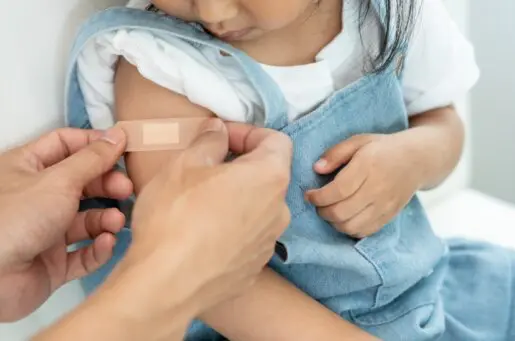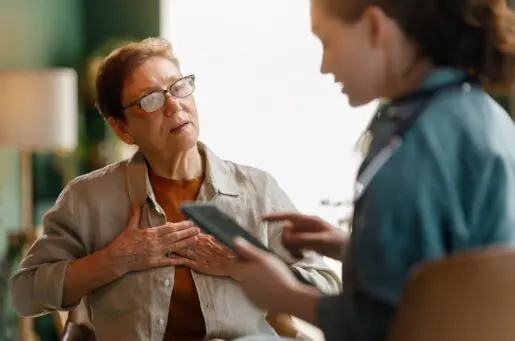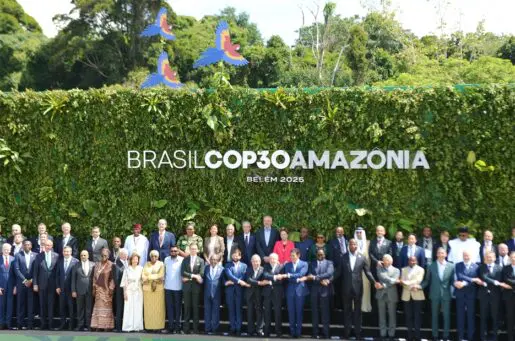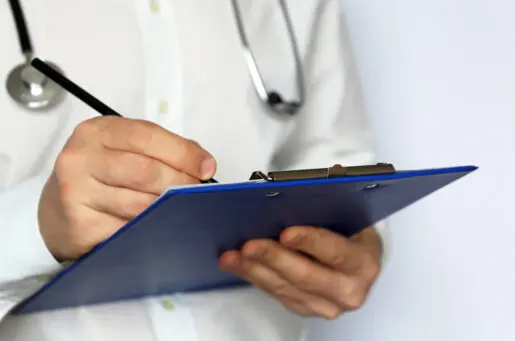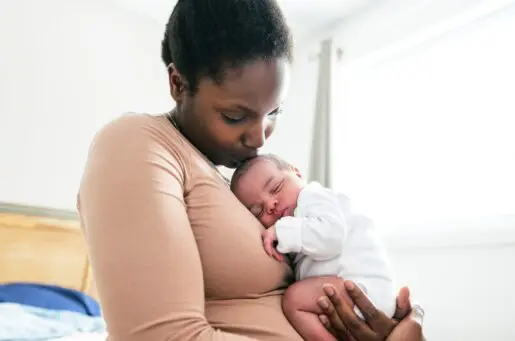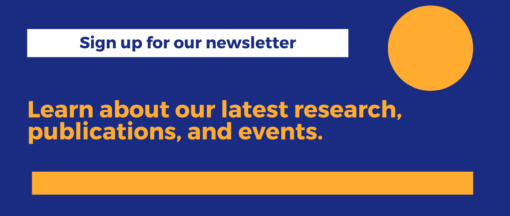Bioethics Forum Essay
Moving the Needle on Pathogen Sharing and Global Health Equity
The 78th World Health Assembly, under way until May 27, is set to be a pivotal event for advancing global health security and equity. Last week international delegates formally adopted the Pandemic Treaty of the World Health Organization, the first of its kind in history, and they will update the International Health Regulations. These decisions will shape how countries share pathogens and related genetic data during pandemic emergencies for years. The U.S. is notably absent, after withdrawing its WHO membership and funding earlier this year. The impact on the implementation of the treaty and future pandemic response in the U.S. is uncertain.
A major point of contention yet to be resolved is about setting up a global pathogen access and benefit sharing system, or PABS. It has two goals: to ensure that during outbreaks countries rapidly share dangerous pathogens for public health surveillance and pharmaceutical R&D and to ensure that pandemic countermeasures (vaccines, diagnostics, and treatments) are equitably distributed.
Faster access and fairer benefits for all. It sounds simple. But is it?
Historically, societies treated biological resources – including plants, animals, fungi, and microbes – as free public goods, leading to exploitation and biopiracy. The United Nations Convention on Biological Diversity, created in 1992, made countries the legal owners of biological materials within their borders and, in 2010, provided a framework for access and benefit sharing agreements based on informed consent and negotiated benefits between providers and users of biological resources. While intended to promote equity and reciprocity, a decade of country experience shows that such agreements are bureaucratic, expensive, and legally confusing—making them the wrong choice for rapid, international pandemic response.
In 2011 the WHO created the Pandemic Influenza Preparedness (PIP) framework to facilitate rapid sharing of influenza viruses with pandemic potential and to address failures in equitable vaccine distribution. However, under this framework vaccine and drug manufacturers can still delay or cancel shipments during emergencies, unfairly favoring wealthy countries and manufacturers. Also, it does not cover any other pathogens, including the virus responsible for the Covid-19 pandemic.
The rise of digital genetic sequence data also complicates PABS negotiations. Scientists increasingly rely on such data, much of which is in open-access databases. Access and benefit-sharing frameworks that deal with physical specimens having clearer points of origin do not cover digital data from across regions that are massively aggregated and instantly accessible. Users, in effect, can access reams of these data without sharing any benefits.
Debates over how to manage digital genetic sequence data are contentious. Scientists and legal scholars in industrialized countries advocate for open-access databases and for digital genetic data to be considered common property, while those in countries with limited digital capacity argue it should be treated like physical specimens and worry about threats to national sovereignty. To address this problem, the Convention on Biological Diversity recently launched the Cali Fund which could pave the way for a more balanced and modernized multilateral PABS.
How can a PABS system incorporate principles of equity, solidarity, justice, transparency, and inclusiveness? Here are five recommendations:
1. Scrap Transactional Approaches
Right now, PABS works more like a business transaction—countries providing pathogen samples and data in exchange for countermeasures. But access to vaccines and such are matters of human rights and health justice. They should be allocated based on public health need, regardless of whether countries provide pathogen samples and data. One solution would be for PABS to detach access from benefit-sharing obligations altogether. The multilateral system in development for digital genetic sequence data and pooled financing – using taxes, levies, user fees and contributions – to subsidize the distribution of countermeasures is a step in this direction and should become the standard. We had glimpses of this working in improvised form during the Covid-19 pandemic.
2. Foster Trust, Not Punishment
Some proposals for the International Health Regulations recommend forcing countries to share pathogens with the WHO during outbreaks and imposing penalties for noncompliance. While rapid pathogen and data-sharing are critical during emergencies, punishment could backfire. Instead of coercion, the focus should be on incentivizing sharing by building trust and solidarity, and through legal assurances around rights and benefits.
3. Invest in Local Capacity
Equity is not just about getting vaccines and other countermeasures – it’s about expanding benefits that empower countries in pandemic resilience by building surveillance systems, laboratories, and local manufacturing capacities. Providing training, technology transfer, and research partnerships as nonmonetary benefits could balance countries’ concerns about protecting national resource and getting sustained support for strengthening local capacity in pandemic preparedness.
4. Mandate Benefit Sharing
Frameworks and regulations for access and benefits sharing historically have encouraged but not required benefits. Instead, PABS and updates to the International Health Regulations should set up legally binding, transparent, and enforceable obligations for manufacturers, that are not dependent on pathogen sharing. This includes committing 20% of countermeasures produced during an emergency to the WHO at nonprofit prices for distribution. It could also mandate non-exclusive licensing to allow lower-income countries to produce locally produce vaccines and other products.
5. Align With One Health
Since most pandemic diseases in humans originate in animals or the environment, success requires a holistic and harmonized access and benefit sharing system, rather than the patchwork of different frameworks we have now. The WHA should align a new PABS system with the existing One Health plan that covers human, animal, and environment health, and food security. This could bring much-needed coherence, clarity, and consistency to global pathogen sharing.
WHA delegates surely have their hands full. An effective PABS system is one that is fast and fair and that builds trust and solidarity in emergencies rather than deepening divisions. Beyond the WHA meetings input from scientists can help to streamline rapid, open access pathogen data sharing, which is critical during a pandemic. Involvement of civil society groups in advocating for health rights and co-designing benefit sharing arrangements will also help move the needle of global health equity from rhetoric to tangible reality. Our ability to respond to the next pandemic depends on it.
Ashwin Budden, PhD, is a medical anthropologist; principal at D’EVA Consulting, which provides global health technical and strategic advice to global health organizations; and a research fellow in bioethics at Harvard Medical School.




